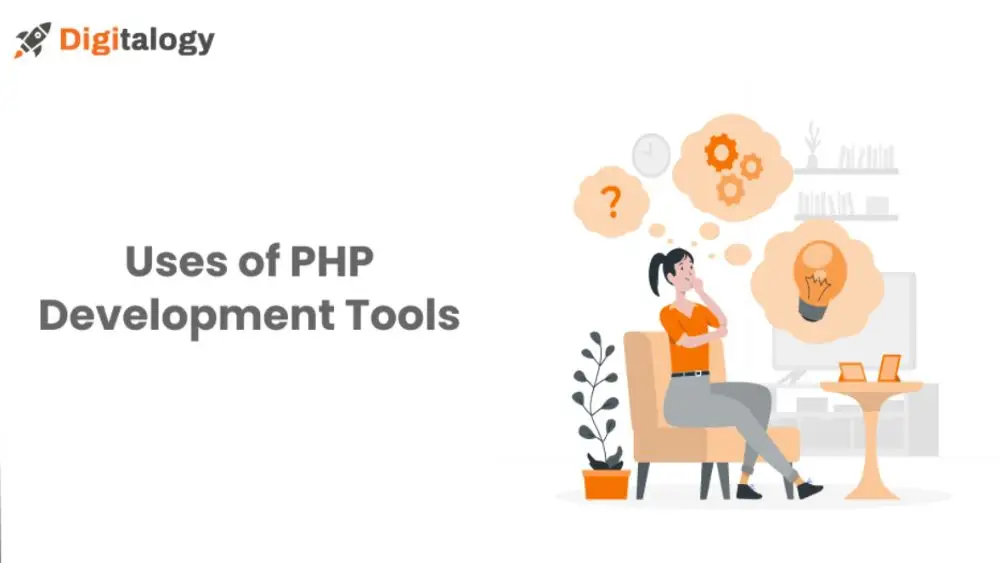20Shift: Your Daily Dose of Insight
Stay updated with the latest trends and news across various domains.
PHP: The Secret Sauce for Dynamic Web Development
Unlock dynamic web development secrets with PHP! Discover how this powerful language can elevate your projects to new heights.
Understanding PHP: How It Powers Dynamic Websites
PHP, or Hypertext Preprocessor, is a widely-used open-source server-side scripting language that is integral to building dynamic websites. Unlike static HTML, which presents the same content regardless of user interaction, PHP allows developers to create content that can change based on user input, database connections, or other server-side conditions. This flexibility makes PHP a popular choice among developers aiming to create interactive web applications. Through a combination of server-side scripts and databases, PHP enables features such as user authentication, content management systems, and e-commerce functionalities, enhancing the overall user experience.
One of the main advantages of using PHP is its seamless integration with various database systems, such as MySQL and PostgreSQL. This enables developers to store, retrieve, and manipulate data effortlessly, making it a powerful tool for constructing dynamic websites. For example, a simple user registration form can utilize PHP to validate input and store user data in a database, allowing the website to generate personalized experiences for each visitor. As the landscape of web development continues to evolve, understanding PHP and how it powers dynamic websites remains crucial for both new and seasoned developers.

Top 5 PHP Features That Make Web Development Easier
When it comes to web development, PHP stands out with features that streamline the development process. One key feature is its extensive library support. Developers have access to a wide range of built-in functions and frameworks, such as Laravel and Symfony, which help in faster project completion. Furthermore, PHP's compatibility with HTML makes it easier to embed dynamic content, allowing for a seamless integration of back-end and front-end functionality.
Another highlight is PHP's cross-platform compatibility. This means that developers can run PHP applications on various operating systems, including Windows, Linux, and macOS, without any hassle. Additionally, the language is open-source, which not only makes it free to use but also has led to a robust community that contributes to continual improvements. With features like these, PHP undeniably simplifies web development, making it a preferred choice for many developers worldwide.
Is PHP Still Relevant in 2023? A Deep Dive into Its Future
As we step into 2023, the question of whether PHP remains relevant in the ever-evolving landscape of web development is paramount. With the rise of modern programming languages and frameworks, one might assume that PHP would fade into obscurity. However, a closer look reveals that PHP continues to be a robust choice for many developers. According to recent statistics, PHP powers about 77% of all websites, including high-profile platforms such as WordPress, Facebook, and Wikipedia. This enduring popularity can be attributed to its simplicity, extensive documentation, and a vibrant community that consistently evolves the language to meet modern development standards.
Furthermore, PHP has made significant strides in 2023 with the release of PHP 8, which introduced numerous features that enhance performance and security. Key improvements include the Just In Time (JIT) compilation, which boosts speed for many types of applications. Additionally, the growing trend of combining PHP with modern front-end frameworks and APIs has opened new avenues for web development. The integration of PHP in microservices architecture and serverless computing also showcases its flexibility and adaptability in the current tech landscape. Thus, it is evident that PHP not only remains relevant but is also poised to evolve and thrive in the coming years.